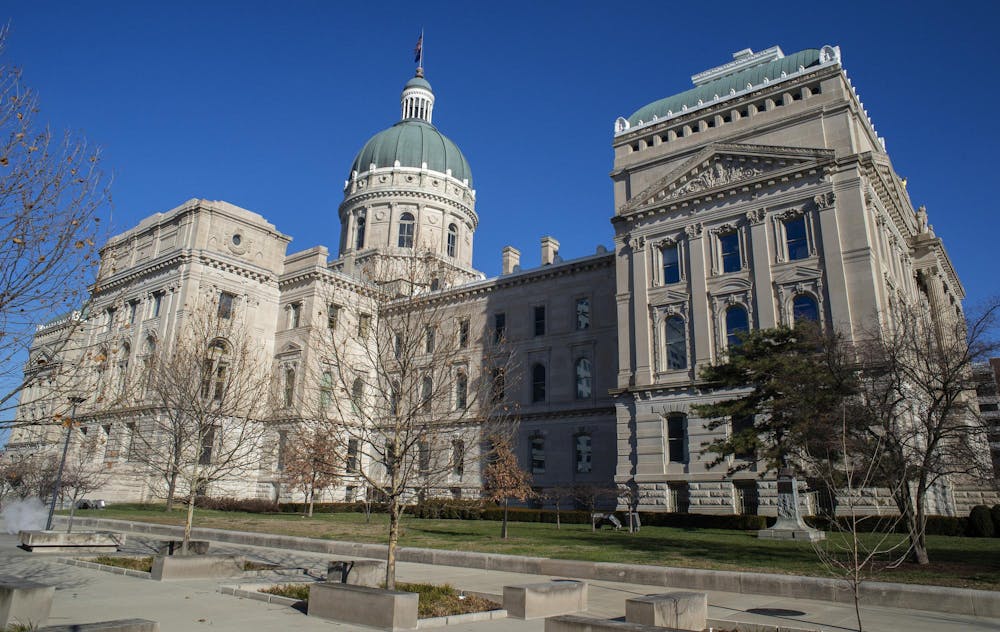The Indiana General Assembly met its deadline for filing Senate bills Jan. 9. Nearly 500 bills have been introduced for the 2025 legislative session, seeking to address issues that range from crime, education, food security, government protocols and beyond. Among these focus areas is the environment. Three particular pieces of legislation were introduced that, if passed, would shape how Indiana citizens respond to and are affected by environmental concerns.
Senate Bill 18
Introduced by Sen. Lonnie Randolph (D-Lake County), Senate Bill 18 aims to restructure how localities address air pollution. The bill would enable local governments to establish or designate their own air pollution control agencies separate from their environmental management departments (EMDs). To ensure the success of these agencies, the bill requires that a given locality’s EMD will cooperate with them and provide financial and technical support, such as funding de-pollution projects or lending technologies designed to clean up air.
According to a recent air quality study conducted by the city, Bloomington (especially in warmer-weather months) regularly sees levels of particulate matter — minuscule chemical-laden air particles produced by fossil fuel combustion and other chemical processes — in a high enough range to pose health risks to those sensitive to air pollution. Even low exposure to particulate matter can threaten respiratory and cardiovascular health, regardless of general sensitivity to air pollution.
There is currently no dedicated air pollution control agency for the Bloomington area, although two general environmental health specialists do work for the city.
Senate Bill 134
Introduced by Sen. J.D. Ford (D-Marion County), Senate Bill 134 would establish a statewide, centralized water management authority, with separate, more localized water management councils being formed for each of Indiana’s nine hydrologic regions. Additionally, the bill would require Gov. Mike Braun to appoint a statewide water management administrator and to create a statewide water management plan.
Although Bloomington’s drinking water meets federal safety standards, the city’s 2024 drinking water quality report found 14 contaminants in its drinking water, disinfectant byproducts among them. Monroe Lake, Bloomington’s sole water source, faces extensive pollution that could interfere with water availability. There is currently no dedicated water management authority operated by the local government, although the Indiana Department of Environmental Management and the City of Bloomington Utilities Department both monitor Monroe Lake’s integrity.
Senate Bill 212
Introduced by Sen. Susan Glick (R-District 13), Senate Bill 212 would restructure citizens’ involvement in natural gas or electric utility projects. Under the bill, citizens applying for natural gas or electric utility projects on their property — such as installing solar panels on their homes or installing electric vehicle charging stations — would have the right to request and participate in a meeting with any utilities serving the project site. These “technical advisory” meetings would provide information on how applicants could prepare for the project and what would be required of both the utilities and the applicants.
Bloomington applicants for utility projects can request to discuss their project questions with city-staff engineers. However, project designs, details, requirements and plans are ultimately decided by utility teams alone.
A full list of the Indiana State Senate’s bills for the 2025 session is available on the Indiana General Assembly website.




